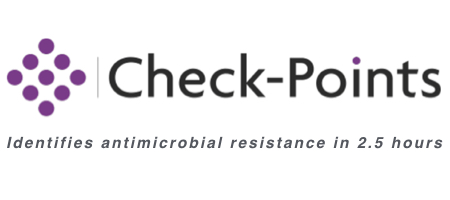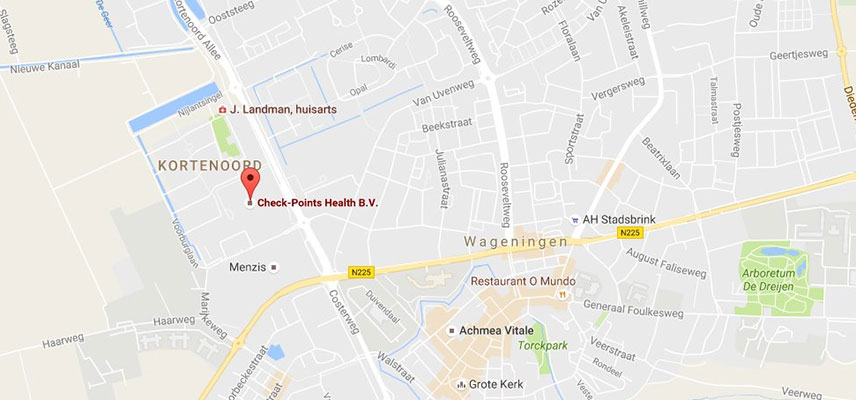Polymerase Chain Reaction, PCR, was invented in 1985 and was awarded the Nobel Prize for chemistry in 1993. To date, more than thirty years after its initial conception, it is still the most sensitive method for detection of specific DNA sequences in biological specimens. An important addition to PCR was the invention of real-time PCR employing multiple specific fluorescent DNA probes to detect the accumulation of amplification products. Real-time PCR is the method of choice for sensitive detection of pathogens in clinical specimens.
Therefore, Check-Points has chosen this technology for clinical applications where a very high sensitivity is required. Check-Points has developed three multiplex real-time PCR tests for detection of multidrug resistance (MDR) in gram-negative bacteria: BD MAX Check-Points CPO, Check-Direct ESBL Screen for BD MAX and the Check-Direct CPE for a number of specific PCR machines.
The challenge in the design of such tests is to combine multiple PCR primer pairs into a single PCR without compromising the detection sensitivity. Due to a combination of intelligent design and extensive empirical testing Check-Points is able to select the best primer sets. This is important as specific SNPs may alter the MDR spectrum of CPE and ESBL.
With its wide network and expertise in gram negative resistance Check-Points is in an excellent position to develop and validate products with a clinical very high negative predictive value.


